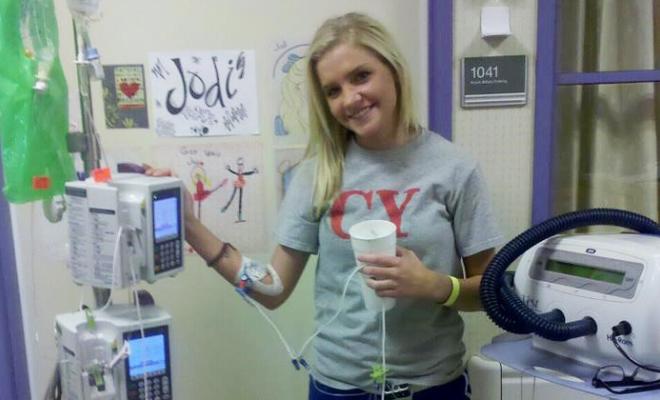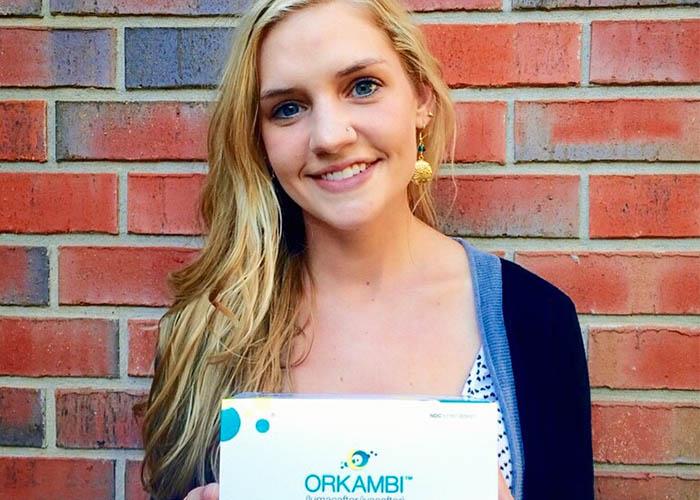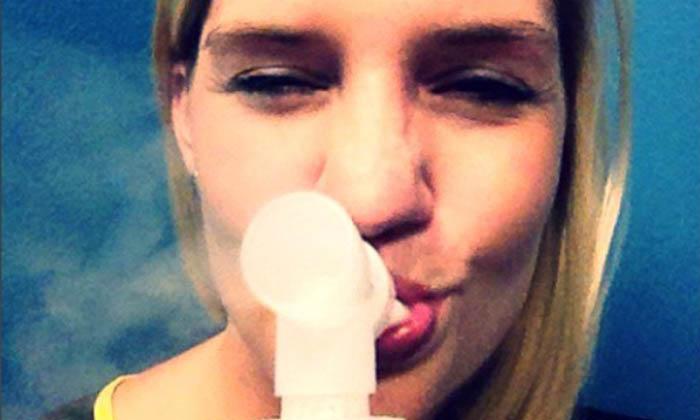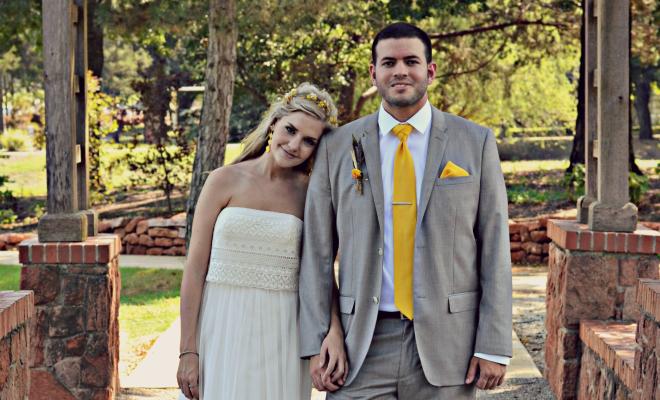When people ask me why I would participate in a clinical trial, my immediate follow-up question is, “What if I don't?”
In 2013, I took a leap of faith and participated in the lumacaftor/ivacaftor (Orkambi®) clinical trials. For me, this wasn't about the fear of what could happen if I participated. It also wasn't about not receiving the best care or not having access to incredible medications. I took part in this study after exhausting many other treatments.
The issue is that cystic fibrosis is a progressive disease. Aside from the fact that there are thousands of CF gene mutation combinations, the effects of CF are unique to each cystic.
My trial results were a leading case that supported the drug's approval by the U.S. Food and Drug Administration. Although the lumacaftor/ivacaftor clinical trial was the most life-changing clinical trial that I've participated in, the others aren't of any less value.
When I was 4 years old, I participated in the dornase alfa (Pulmozyme®) clinical trials for Genentech Inc. At the time, the medication was approved in adults but was not yet available for children under age 5. Twenty years later, this medication is still one of the leading CF treatments, and its effectiveness is only increasing as it is combined with other therapies, such as lumacaftor/ivacaftor.
A lot of people are concerned about the safety aspect of a trial, but if you think about it, the purpose of a study is to show that the proposed therapy is effective. Companies or researchers want to see positive outcomes, which also means that their intention is to set you up for success, not failure.
I was required to do several rounds of prescreening and stabilization periods to ensure that my participation was safe for my individual circumstances. Once each study began, there were continual check-ups and tests to ensure that my overall health wasn't jeopardized.
In addition to this cautionary prescreening and monitoring, participating in a clinical trial comes with a few perks. Clinical trials often allow not only compensation for each visit but also reimbursement for transportation costs. The biggest, unexpected advantage for me was having access to a breakthrough medication before anyone else, at no cost.
There are definite unknowns when you participate in clinical trial, but there are also unknowns every time you get into a moving vehicle. If we were to think through every possible scenario that could occur before getting into a car, we'd never go anywhere.
I could ask myself a lot of what ifs prior to starting a study, but here are a few I think about: What if my results helped win approval for a medication for the rest of the CF community? What if my participation resulted in a breakthrough to a cure?
For those who aren't directly affected by CF or don't have someone in their life who is, their initial reaction may be, “Why risk your health by participating in a clinical trial? Why not opt to go with proven treatments until you can get a double-lung transplant?”
Although a lung transplant has been an incredible option for some, it's not an easy one or guaranteed to work. We also need to change our mindset to be proactive, rather than reactive. Until the last five years, much of CF therapy has been reactive. Our participation in CF research allows us to shift to a proactive approach, where we can treat the underlying cause and can fight from higher ground.
Participation in clinical trials has changed my life. Although not every trial directly results in drastic improvements, it affects someone and takes us one step closer to a cure. CF research has given me time and memories, as well as opportunities to experience life for longer than anyone ever anticipated. I participate and support CF research because I want to give back even the tiniest bit of what it has given to me. If my support means that even one life is changed, that is worth it.







